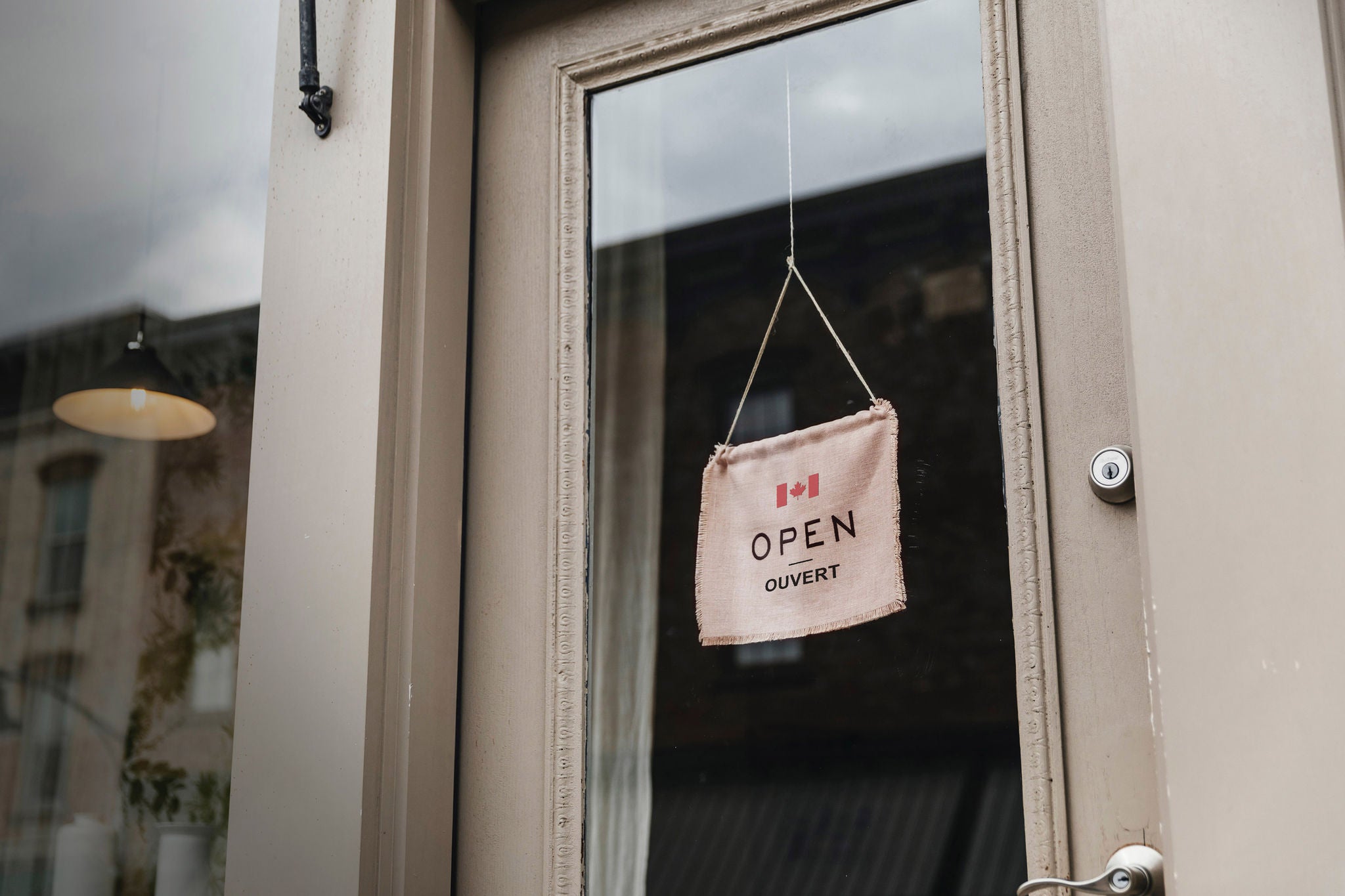EY refers to the global organization, and may refer to one or more, of the member firms of Ernst & Young Global Limited, each of which is a separate legal entity. Ernst & Young Global Limited, a UK company limited by guarantee, does not provide services to clients.
How EY can help
-
EY Studio+ helps organizations build differentiated experiences that adapt with customers and drive sustainable long-term value. Read more on studio.ey.com.
Read more
To help offset the financial burden placed on these businesses, Canadian federal and provincial governments quickly set up support programs, including wage subsidies, rent assistance, special interest loans and emergency relief programs. While these programs were designed to help Canadian businesses survive the economic impacts of COVID-19, navigating these programs was challenging. Business owners struggled to understand each program’s qualification criteria and application processes. To further complicate the situation, many of these small businesses did not have dedicated accountants on staff to offer guidance.
As the Federal government and the Canadian Chamber of Commerce heard these frustrations, they knew they needed to act quickly to offer an informational bridge to close the gap between the Federal and Provincial support programs and the small businesses being matched with the best options to fit their needs.










